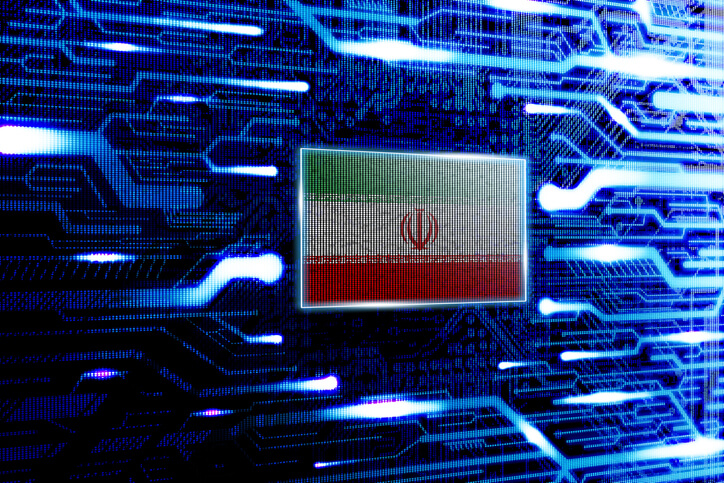Over the weekend, new reports from Iran indicate that the Islamic Republic’s clerics are exploring ways Artificial Intelligence can assist in enforcing Islamic religious edicts.
"Robots can't replace senior clerics, but they can be a trusted assistant that can help them issue a fatwa in five hours instead of 50 days," said Mohammad Ghotbi, who heads a state-connected organization in Qom, Iran's holy city, that encourages the growth of technological innovation.
Ghotbi, head of the Eshragh Creativity and Innovation House, said the clergy should not oppose new technological advances. "Today's society favors acceleration and progress," he told the Financial Times.
"While the piece focuses on using AI to help Qom seminarians, there is a dark side where the Islamic Republic employs advanced technology to crack down on dissent," said Jason Brodsky, Policy Director at United Against Nuclear Iran (UANI).
Following the first AI conference in Qom in 2020, the head of the Qom Seminary, one of the biggest Shia institutions in the world, opened to the idea of AI accelerating Islamic studies of senior clergy and strengthening their communication with the public.
At the AI conference, Ayatollah Alireza Arfai said the seminary "must get involved in using modern, progressive technology and artificial intelligence."
"We have to enter into this field to promote Islamic civilization," he added.
Iranian Supreme Leader Ayatollah Ali Khamenei called on the clergy to pay more attention to AI usage. The Supreme Leader said he wants the Islamic Republic to be "at least among the top 10 countries in the world in terms of artificial intelligence."
According to Ghotbi and other state-affiliated officials, technology could help the clergy address public concerns and reconcile them quickly with Islamic teachings while assisting the Ayatollahs in making Islamic-based laws.
Despite the continued efforts by the regime to implement harsh Islamic laws and sentences against Iranian citizens, young Iranian males and females continue to protest against the Islamic government, calling for the downfall of the supreme leader and facing brutal repressive tactics from security forces and regime plainclothes.
Ghotbi explained that the Ayatollahs must "not merely tell followers what constitutes a good deed or how to be truthful. Fields such as sociology, psychology, health, and entertainment also fall under religious ruling," Ghotbi told the Times.
"In the end, AI won't save the Islamic Republic from itself as it has no legitimacy, but it will assist the authorities in cracking down on the Iranian people," Brodsky said.
Related Story: Iran Regime Places Public Surveillance Cameras to Identify and Penalize Unveiled Women









